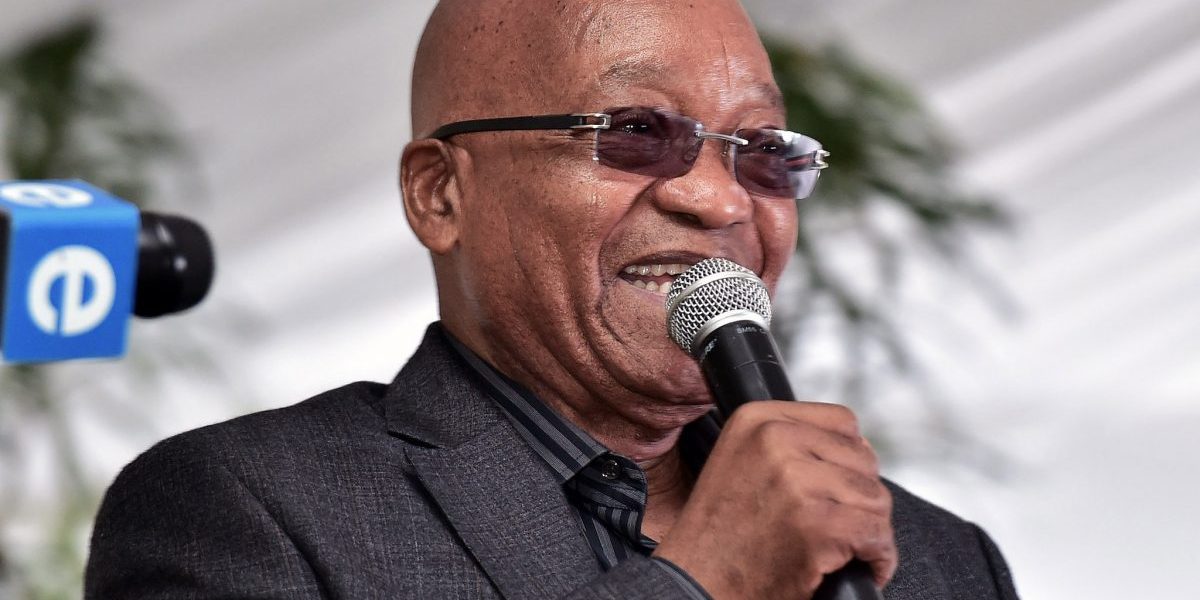President Thabo Mbeki loomed large on the international stage, with grand plans to reform the African continent and the global system beyond. With domestic issues being prioritised, and strong voices condemning Zuma as unfit to lead South Africa, how would he and his team perform? Several foreign affairs experts were asked to spot significant shifts in substance, or in style in the state’s international interactions.
Interviewees all rightly stressed that it is too early to tell definitively, pointing to considerable continuity in strategic priorities – Africa, multilateral cooperation and seeking global governance reform. South Africa has had three presidents in under a year, but all are from the African National Congress (ANC). Professor Adam Habib, Deputy Vice Chancellor at the University of Johannesburg described them as “members of the second generation of African nationalist elites”, sharing strategic orientations and objectives. Dr Siphamandla Zondi, Africa Programme Director at the Institute for Global Dialogue, said, “Don’t expect a ‘Zuma Doctrine’. He follows the consensual leadership tradition of the ANC.” But he also seems more likely than Mbeki to let his ministers make policy.
“We’ve seen continuity, but a change of emphasis” said Independent Newspaper’s Foreign Editor Peter Fabricius, “The name change from Department of Foreign Affairs to Department of International Relations and Cooperation (DIRCO); a stronger desire to relate foreign policy more closely to domestic policy, and a definite focus on our immediate neighbourhood, rather than the big global issues that Mbeki relished tackling.”
Dr Nomfundo Ngwenya, head of the South African Foreign Policy and African Drivers Programme at the South African Institute of International Affairs, said, “It’s not yet clear if we’ll shift from the ‘Mbeki doctrine’, founded on an African Renaissance and building African consensus to challenge the West, particularly through the African Union. Questions remain: Where is our national interest? Will we see closer relations with near neighbours, and less grandstanding at the AU?”
South Africa does seem to have learned some lessons from its public relations disasters on Myanmar and the Dalai Lama. Deputy Minister Ebrahim Ebrahim re-emphasised that human rights are important, and summoned the Myanmar Ambassador for a dressing-down, following the house arrest of opposition leader Aung San Suu Kyi. Although South Africa supported the consensus African position in Libya in July on seeking deferral of the arrest warrant for Sudanese President Omar al-Bashir, Pretoria also made it clear that Bashir would face arrest if he set foot in the country, under our obligations from the Rome Statute of the International Criminal Court. “We’re developing more nuance,” noted Habib, “and we seem a bit smarter tactically.”
Zuma’s first state visit to Angola in August was significant. He sought to patch up damaged relations with Luanda, show appreciation for Angolan support for the struggle by visiting martyrs’ graves, and explored business opportunities. It may also have been to show gratitude for support that Zuma had reportedly received from the Dos Santos regime (both in party battles and the 2009 elections). Zondi saw it as a way to influence a potentially strong ally for recalcitrant Zimbabwean President Robert Mugabe.
Zimbabwe remains South Africa’s most immediate foreign policy challenge. Zuma’s more cordial relations with Morgan Tsvangirai, his tougher stance at the November 2009 Maputo SADC Summit and his replacement of Mbeki as mediator by Charles Nqakula, Mac Maharaj and Lindiwe Zulu later that month heralds, for some, a definite break with the past, although it is early days. One expert however sees this relatively inexperienced troika as a delectable three-course meal for Mugabe.
There is, however, a noticeable shift in style. Zuma’s affable, easy-going nature has served him well on the global stage thus far. While not being the master of the sound bite (neither was Mbeki), he’s appeared at ease and has not committed any major faux pas. South Africa seems a little more humble abroad. The new Foreign Minister, Ms Maite Nkoana-Mashabane, initially embarked on a charm offensive with Pretoria’s diplomatic corps, has been more welcoming of civil society views and is considered generally more approachable and available than her predecessor (although observers note that Dr Nkosazana Dlamini-Zuma kicked off her tenure in a similar way). Zondi called this openness “a massive change … the minister is willing to listen, at least for now.”
But is the original outreach wearing thin? “She started well,” said Fabricius, “but lately she’s been sending the DG [Director-General Ayanda Ntsaluba] to face the press, and not pitching up when she’s promised to attend functions.”
Time will tell how long the door remains open to other actors, and whether the shifts continue to be subtle rather than stark, and stylistic rather than substantive.








